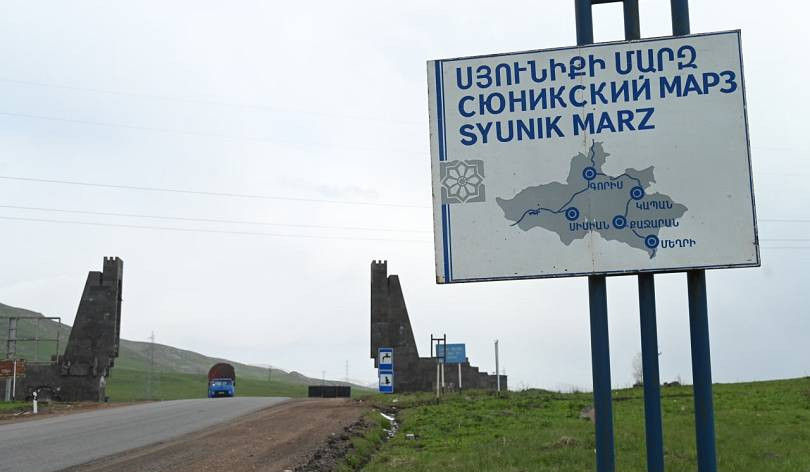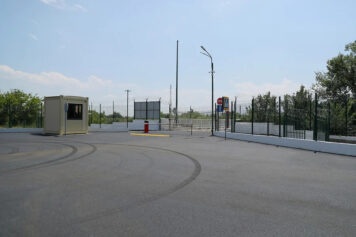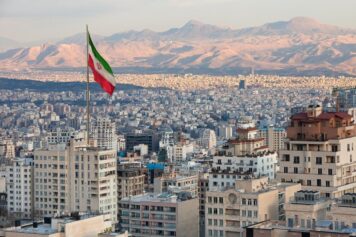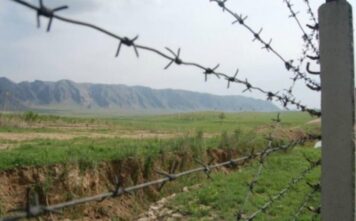Turkey and Israel vs. Russia and Iran. What is happening in the Middle East? How can it impact Armenia?
28.03
2023
Qatar is the only Arab state of the Persian Gulf that is loyal to Iran’s military, political and security dominance in the region. This is not in the strategic interests of Tel Aviv, which is why hordes of Israeli reconnaissance UAVs were observed in the skies of Qatar from neighboring Bahrain. The target is not Qatar, but rather Tehran and Washington. The largest US military base in the Middle East – in the Gulf region – is located in Qatar. It is not ruled out that with these actions, Israel is lobbying for the military base to be moved from Qatar to Israel. If such a decision is made, significant changes will take place in the Greater Middle East: Israel will become the guarantor of the peaceful transfer of power in the Arab monarchies, and the anti-Iranian coalition will have new perspectives for viability.
The frequent flights of the Israeli drones are not accidental. Today, the president of Iran is scheduled to visit Moscow and address the State Duma. It is not excluded that a compromise will be reached in the next Russian-Iranian talks: a partial weakening of Iran’s position in Syria and the Mediterranean in exchange for support for the Russian “nuclear talks” in the international arena and expansion of Tehran’s limited operations in the South Caucasus (as a counterbalance to the Turkish factor). At the same time, Israel is accelerating the construction of the natural gas pipeline bypassing Turkey in the Mediterranean Sea (see the post by our partner, Pakagits Analytical Platform:
https://m.facebook.com/story.php?story_fbid=323358963133035&id=1000637680097) and trying to make Tel Aviv the main stronghold of Washington’s military and security presence in the Middle East, contrary to the official resistance from the United States. Israel is trying its best to thwart the nuclear talks between Iran and the international community, while Tehran is trying to succeed by holding on to them with teeth and acting with caution. Iran sees the intentions behinds Israel’s policy, which is probably why various rumors appear in the media that Tehran and Moscow may sign a military alliance or an agreement on close military cooperation. It will turn out that Tehran manages to negotiate with the United States, have trade that reaches trillions with China, have Beijing’s security and military assistance (under a long-term, 25-year cooperation agreement signed between Iran and China), and have a high-level political and military partnership with Moscow. We may witness Iran’s regional role restrained and its possible border instability due to Turkey (apart from Israel). We may witness the next reconnaissance flight of Turkish Bayraktars and Israeli UAVs in the skies of the Arab countries of the Gulf or to the north of Iran in the occupied territories of Artsakh, as well as in Central Asia—in the countries bordering Iran, especially on the Afghan front, where the United States, after withdrawing its troops last August, entrusted Turkey with the coordination of operations.
The polarization of the world is becoming more apparent. Armenia is negotiating with Turkey. Turkey is increasing its influence in the Sunni world, reaching intelligence and security agreements of utmost importance with the Islamic world and resolving issues with Saudi Arabia and Egypt. In the context of all these processes, official Yerevan has to be able to solve the following two issues:
- Intense multilateral negotiations (establishment of diplomatic relations, mutual recognition) with the two Sunni capitals of the Greater Middle East—Riyadh and Islamabad—which will allow avoiding possible anti-Russian (Armenia is perceived as a Russian satellite) actions in Central Asia. At the moment, the national and state interests of Armenia and Artsakh imply not being involved in anti-Russian, anti-Iranian, and anti-Chinese geopolitical axes and projects. For four years now, I have been emphasizing the need for a vertical vector of foreign policy, the Moscow-Yerevan-Tehran axis, which Russia and Iran are already pursuing.
b․ The establishment of diplomatic relations with Turkey must not imply Armenia being turned into a testing ground or corridor for modified Islamic (Pan-Islamic, Pan-Turanian, Pan-Turkic) projects.
The Syunik “trump card” must not be used unwarranted and “for cheap”. If diplomatic thought and opportunities are generated correctly, Syunik may become a place for effective and mutually beneficial cooperation between political Shiism and the Sunni world in South Caucasus (at most, a road within the borders of the sovereign Republic of Armenia).
Author: Abraham Gasparyan, Candidate of Political Science, Associate Professor
Founding Director of Genesis Armenia Think Tank/Foundation





